|
I've written before here about David Gunkel's research and thoughts on the social rights of robots. He's now summed up the many arguments for and against — and contributed his own, based on the philosophy of Levinas — in a new book, Robot Rights, from MIT Press. I jumped at the chance to review it, and it's finally published online.
And, hey, Gunkel referred to my review as "positively brilliant"!
0 Comments
I think I possess the very opposite of a macabre personality, but I’m thinking a lot today — in grave detail, shall we say — about my father’s corpse.
Throughout my life I’ve been a student of Christopher Isherwood. The avocation ranks as one of my supreme personal joys. Post-election, however — certainly post-inauguration — I find his subjective ruminations on Germany in the ’30s less abstract, starker, unsettling, more palpable. I’m beginning to recognize his texts in the world around me.
This should be a book lover’s joy. Not this time. 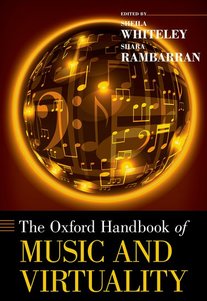 This month saw publication of The Oxford Handbook of Music & Virtuality, containing my chapter, "Hatsune Miku, 2.0Pac and Beyond: Rewinding and Fast-forwarding the Virtual Pop Star." In it, I survey a history of virtuality in pop music stars, from the Chipmunks and the Archies up to Gorillaz and Dethklok — many of the non-corporeal, animated characters that presaged current virtual pop stars like Hastune Miku and the Tupac resurrection. And write the obit when you do
He never ran out when the spirits were low A nice guy as minor celebrities go — Scott Miller, “Together Now, Very Minor” I’ve been rightly accused of liking Beatlesque bands better than the actual Beatles. True, give me Big Star over the Fab Four any day. But given how rarely either band actually figures into my everyday universe, my dispositions are even one more generation removed. Truer, give me Scott Miller over Alex Chilton any other day. Saul Bellow was born a hundred years ago today, and people of letters have been spilling a lot of them in appreciation of and retrospection on his considerable work as a very American novelist. As it happens, this spring is also the centenary of a pivotal moment in those same American letters — the expression of a problematic idea that still haunts cultural discourses and one that speaks directly to Bellow’s particular literary tactics: publication of Van Wyck Brooks’ claims about this country’s great divide between “highbrow” and “lowbrow” cultures.
If your Roomba chews up the fringe on your favorite Oriental rug, is it OK to punch it? If an algorithm recommends a movie to you, and the movie turns out to be crapola, to whom do you direct your online flames? If a drone independently computes a tactical course correction and flies into the wrong airspace, igniting international tensions, would war be averted if our rep stood in the UN assembly and assured everyone, “The drone gravely regrets its error”?
Machine ethics, robot rights — these topics keep popping up in my world. In the last year, I’ve attended three talks addressing various shades of the subject. Life is great like this: I spent an afternoon this week unpacking the remainder of my library (delayed, as often happens, months after moving in), and basking in the intense comfort of having treasured volumes once again within reach; then, I sat down with a well-earned cocktail and opened Illuminations, a collection of Walter Benjamin essays recently added to my to-read shelf — and what to my wondering eyes should appear but the anthology’s first selection: “Unpacking My Library.”
“The difficulty is not getting bored with the central character.” This was Morrissey’s response last year to my question about the progress of his memoir. He was speaking as the author, though one might wonder if the same experience now can be said for the reader.
To be sure, the book is rarely boring. |
this blahg
I'm THOMAS CONNER, Ph.D. in Communication & STS, and a longtime culture journalist. Categories
All
Archives
June 2024
|
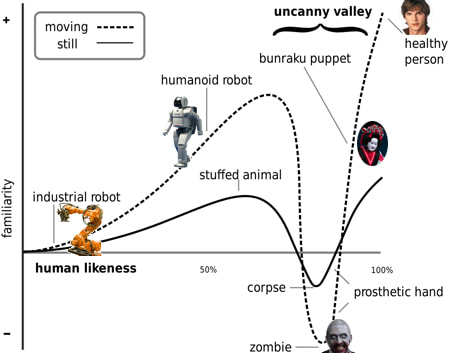
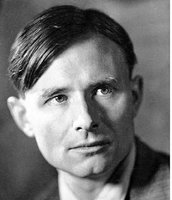

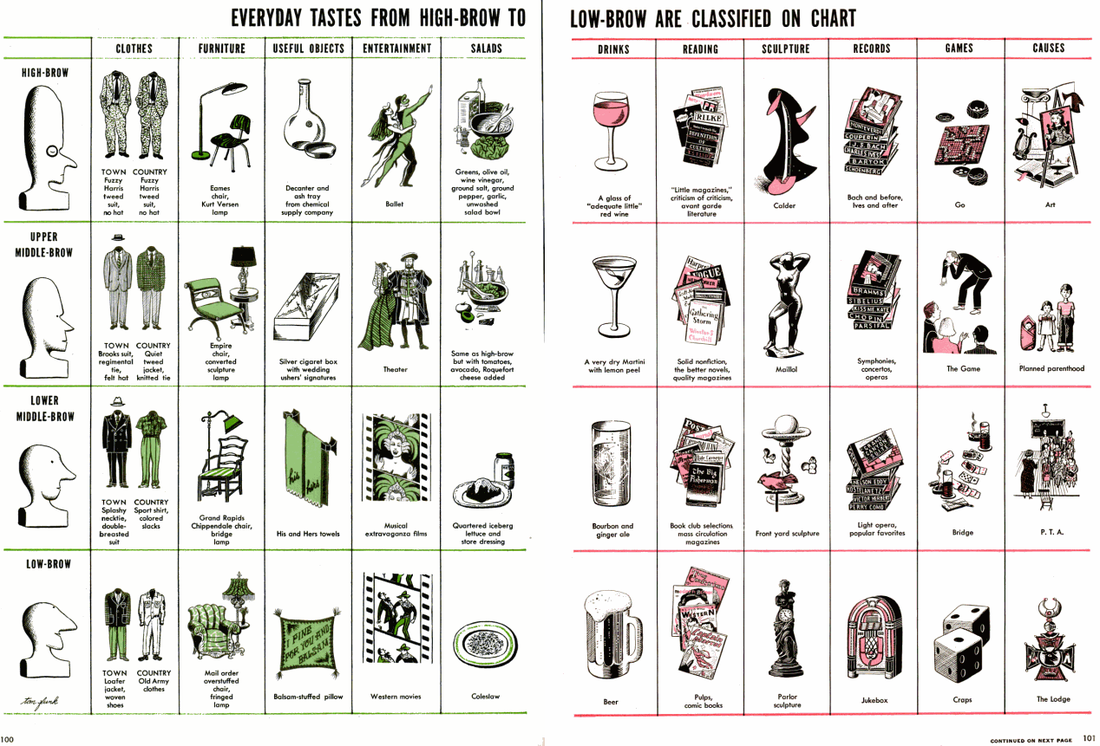
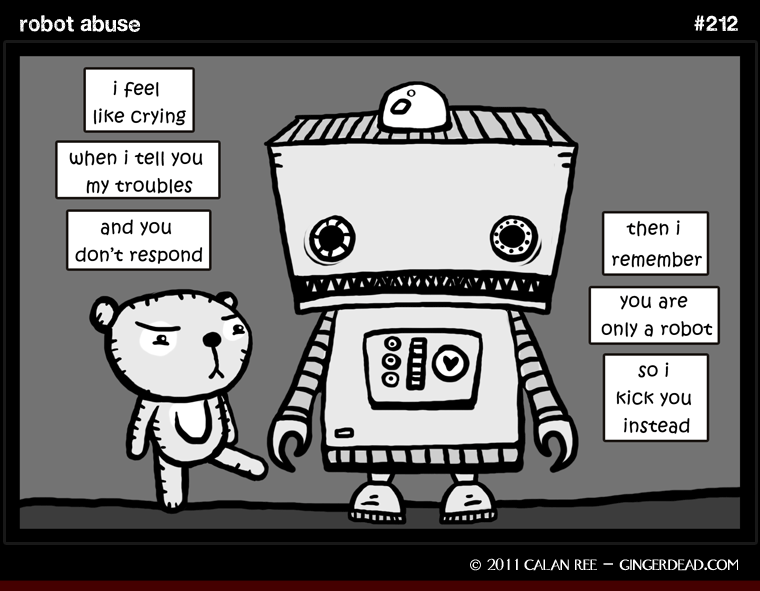



 RSS Feed
RSS Feed